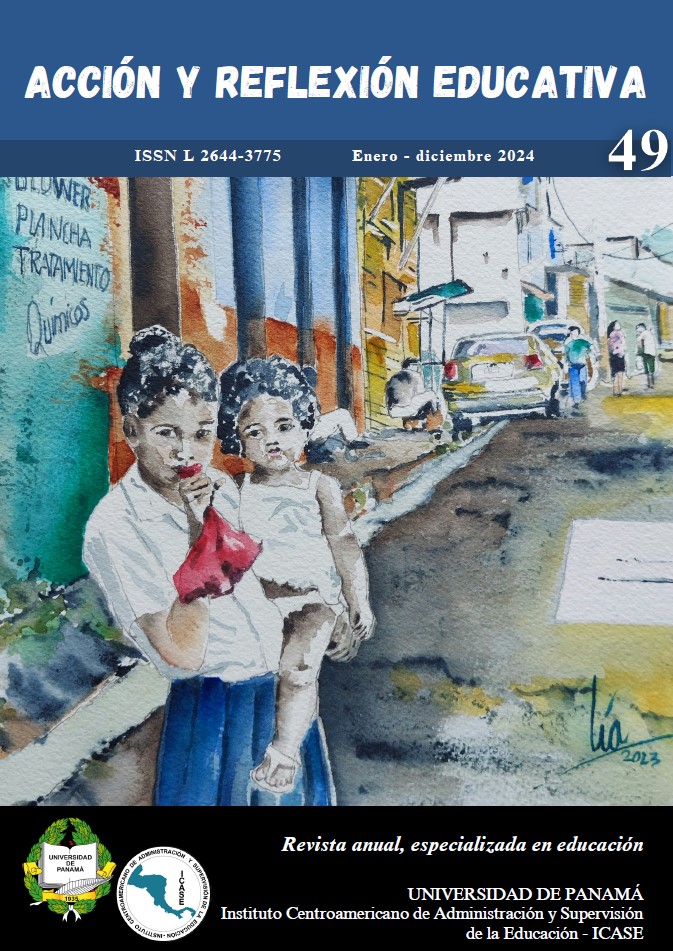

Copyright (c) 2024 Los autores

This work is licensed under a Creative Commons Attribution-NonCommercial-ShareAlike 4.0 International License.
Generation Z (Gen Z) are people born after the year 2000. Some criticize the way in which Gen Z develops, being intolerant and explicit when expressing themselves; but their technological mastery is also recognized. This work reflects on Gen Z and how these young people face the challenges of higher education in the new millennium. To do this, the authors analyzed 30 works by specialists, in addition to their teaching experience in recent years. According to the analysis, Gen Z has had contact with information and communication technologies (ICT) since they were born, so their social interaction is supported by these media, facilitating the teaching-learning process during the COVID-19 pandemic. However, they are considered very sensitive to criticism, they make the minimum effort to comply with what is requested, it is difficult for them to analyze, interpret and generate original content, they develop more soft skills, but they require strengthening the hard skills necessary to face new challenges in this millennium. In conclusion, Gen Z has different interests than previous generations, but with potential to learn and develop as competent and well-rounded individuals, through good guidance and instruction by teachers.
You may also start an advanced similarity search for this article.